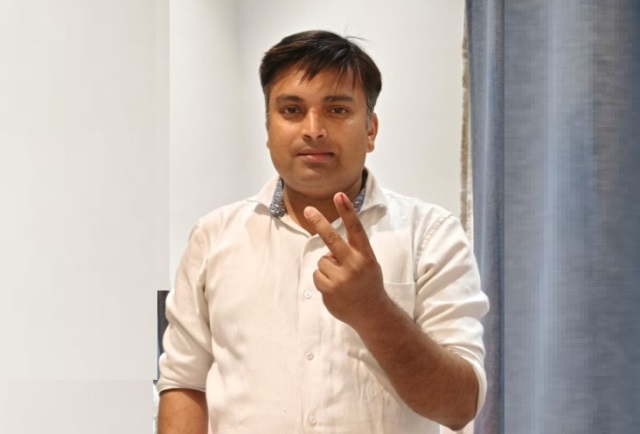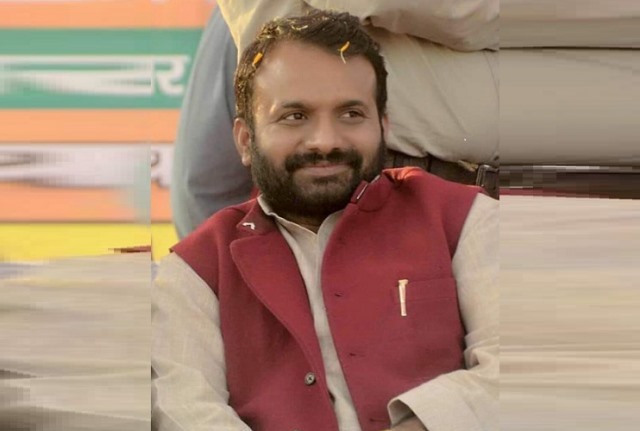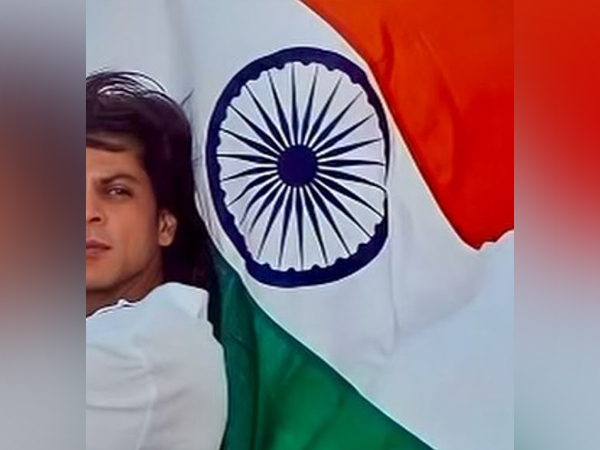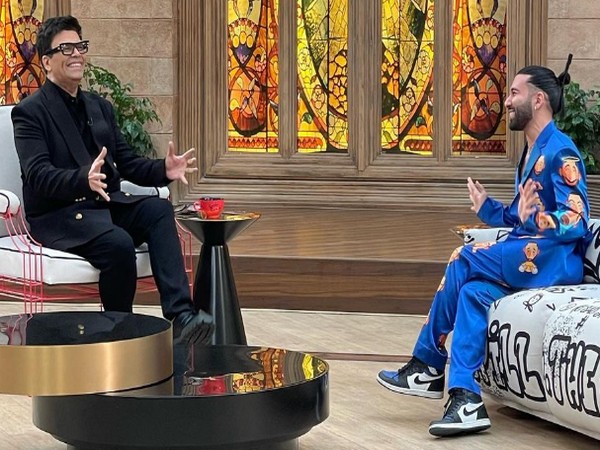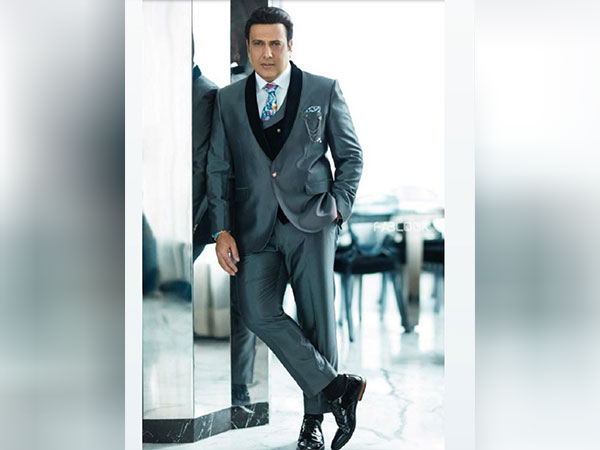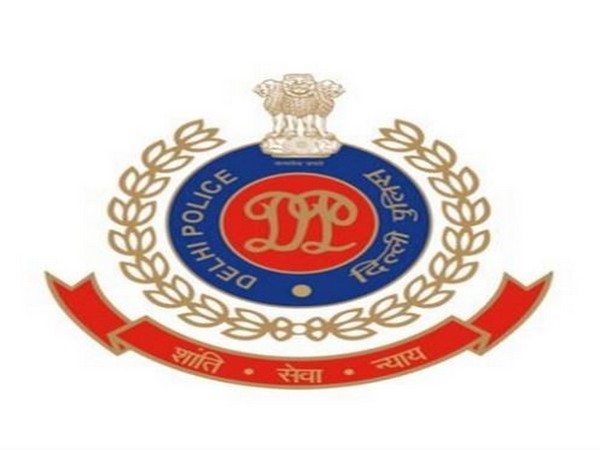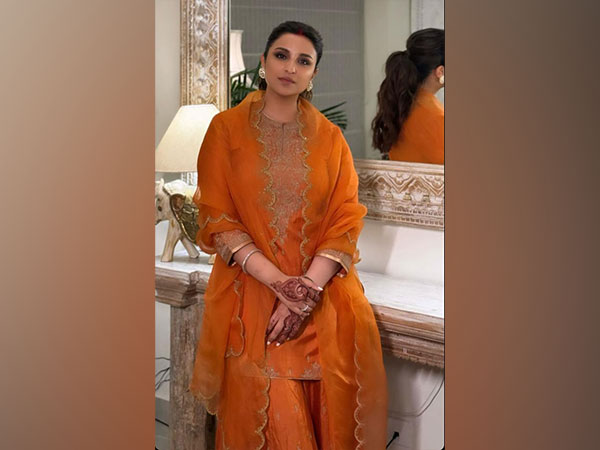And two dead, left to die on snow-filled streets
Alex Pretti and Renee Good
Chorus
Oh, our Minneapolis, I hear your voice
Singing through the bloody mist
We’ll take our stand for this land
And the stranger in our midst
Here in our home, they killed and roamed
In the winter of ’26
We’ll remember the names of those who died
On the streets of Minneapolis
– Bruce Springsteen, song released on January28, 2025
There is a silent revolution going on in the digital/social media. And it is getting serious.
Certainly, it is changing the world of images, sound and text rapidly, in slow motion. Including in India, though, we are still slow to catch up, But we will, eventually, given the state of our stooge media.
The Unnao bail case, indeed, was the last straw. A bahubali rapist and murderer, a BJP MLA, was allowed to be free. Activist Yogita Bhayana, comrade of the survivor and her mother, yet again organized a non-violent campaign on the streets with students and civil society groups, plus a social media campaign so effective that it touched the deepest chord of the nation. (Check her Instagram page.)
The protests against the Ankita Bhandari murder erupted yet again, with the name of a powerful BJP leader popping up, and we could see in distant Rudrapur in the hills, huge torchlight processions on the night streets. The short clip, unwinding on the streets, with its ‘flickering ‘mashaals’, is hypnotic, it lingers in the mind.
Social media was yet again the vanguard when a MBA student from Tripura, Angel Chakma, was murdered in what was a racist hate crime in Deharadun. With Uttarakhand as the new hate lab, eEarlier Kashmiris were hounded, now they seem to have shifted their gaze to people whom they brand so derogatorily as chinky, chowmein and momo.
The Northeast erupted. Girls from the region made videos singing songs of dissent, telling us in the North, what were the last words of Angel: “I am an Indian.”
In Indore, the cleanest city in India, a reporter, doing his job, asked the minister about the deaths of children and others due to water contamination; his response: Ghanta!
Hence, ghanta went viral.
The minister had to face the wrath of the social media. From ground reporting to digital engagement, a new language of journalism is being resurrected.
From Gaza to Minneapolis, this stream of consciousness spreads like wildfire. The conformist media is so astounded, that it has started toeing the mass-line, making short, catchy clips.
Meanwhile, on the song, ‘Streets of Minnapolis’, the singer said: “I wrote this song on Saturday, recorded it yesterday and released it to you today in response to the state terror being visited on the city of Minneapolis. It’s dedicated to the people of Minneapolis, our innocent immigrant neighbours and in memory of Alex Pretti and Renee Good. Stay free, Bruce Springsteen,” he said on his website.
The social media is up in flames –with its one-minute plus videos recorded on high resolution smart phones, live or edited, documented by many citizens at the same time, thereby getting multiple angles to the event; plus there are short reports and analysis, unknown poetry by unknown poets, all kinds of music – satire, caricature, anti-establishment, rap, pop, parody, songs in many languages, pages from literature and history, including blacked out or re-written history such as those of slave ships from Africa, photo stories from great photographers, news bulletins with running images, mostly by non-journalists, and expert commentary by people who are not experts. Many of them acquire a huge following.
Earlier it was the genocide in Gaza, including the huge students’ and civil society protests in the West. Now, it is the mass, peaceful resistance in Minneapolis, where the people voted against Trump, and, hence, the presumed crackdown.
So what is the difference, I asked a scholar-columnist based in London – will it lead to a civil war in America?
“No”, he said. “They are carrying on the impunity from Gaza.”
That is, they think they can do anything and get away. That is, they have underestimated the power of the people — unprecedented waves of resistance on the streets against the genocide, all of it recorded in recent memory, lessons of life and rebellion that simply refuse to go away. History repeats. Hence, several cities like Chicago, Boston and New York have exploded in angst and anger, in solidarity with the people of Minneapolis – against Trump’s ICE. On January 30, there was a National Shutdown: no school, no work, no shopping. Several unions backed the shutdown.
“Domestic terrorist” is the term used by the Trump administration against the peaceful protesters blowing whistles and holding mobile cameras in their hands. Predictably, Trump has now retreated. The ICE chief has been transferred. The new chief seems conciliatory. And certain top aids of Trump might be in deep trouble given the widespread anger against them across the country.
The whistle has become the symbol of resistance, the camera a weapon of digital evidence, recording the cinema of live resistance in the face of an armed, masked, brutal force — as was the stone and two-string sling-shot in Palestine, or the underground guerilla camera inside the inaccessible terrain of Latin American dictatorships propped up by the US.
Renee Good, a mother of three, and Alex Petty, a nurse at the ICU for veterans, both 37, were murdered in quick succession on the streets in January. Both were peacefully filming the ICE, which has unleashed a wave of terror and barbarism: Breaking windows and doors of cars and homes, abducting people, one kid was kidnapped as bait to get his father, manhandling women in public places, dragging a disabled woman from her car while she is screaming, “I am disabled, I am a US citizen”, pinning down a young girl who is crying:: “why are you doing this to me?”, dragging out a daycare female school teacher in front of terrified little children, beating the hell out of ordinary folks for no rhyme or reason.
These masked men, with unmarked cars and unknown locations of detention (where apparently hundreds are detained, including children, often no reason told), have unleashed a brutality which only invading armies do in enemy territories, treating American citizens with unimaginable savagery, even before they could show their identification papers.
Among others at a distance, a woman in a red jacket shot the murder of Alex at close range. He was actually trying to protect another woman from assault, when they picked on him. Within minutes, he was pinned down by armed men, beaten up, and shot at point blank range. The Trump administration said he was holding a gun. The video said, it was his mobile phone.
So who was the woman in a red jacket, shooting so close, herself aware that she could be the next target? Stella Carson.
California-based Sunil Adam, editor of amerikankahani.com, wrote in a social media post: “Watch Anderson Cooper’s interview with Stella Carlson who recorded the murder of Alex from just a few feet away. Her’s is truly a profile in courage and humanity. You can’t help tearing up along with her as she spoke. Here it is important to note that a vast majority of people of Minneapolis protesting are white, in defence of mostly non-white targets of deportations. One cannot but acknowledge that despite the obvious racism underlying the administration’s policies and actions, supported by at least half of the country, at the core of American heart is molten humanity.”
Stella Carlson in a red jacket, and other citizen-journalists, are the new brave icons and role models for the media, and the world. Sick of mainstream corporate media and its compromises, it’s high time the clichéd conformism of the five Ws and one H must change. This is because, a new, pulsating, social media journalism has been born – free and unafraid – and on the side of the people.

